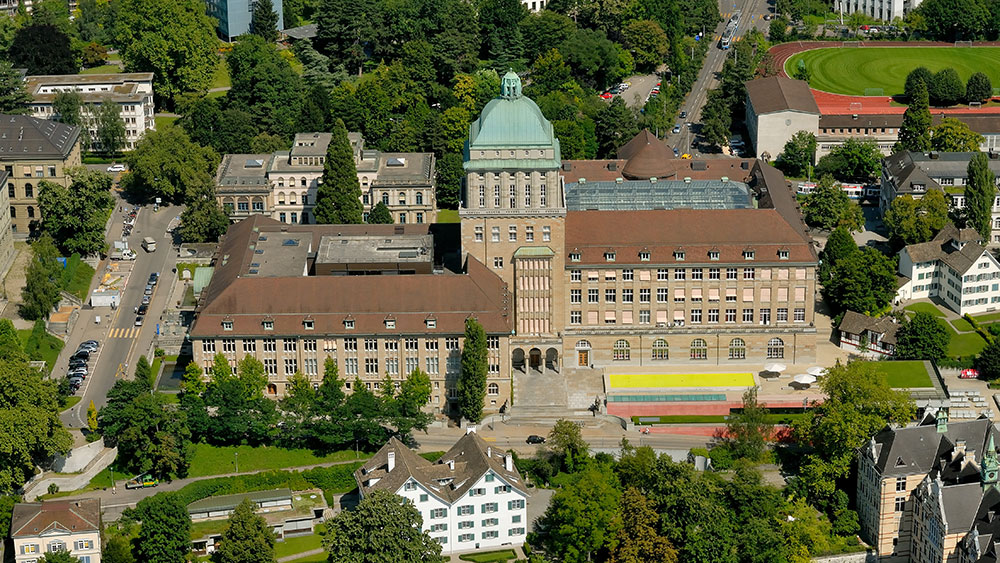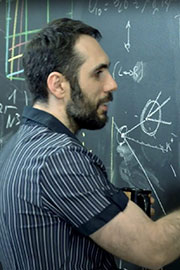Sebastian Jessberger and Nicola Serra Awarded SNSF Advanced Grants

Switzerland is still not associated with the EU’s Horizon Europe funding program. The Swiss National Science Foundation (SNSF) has introduced the SNSF Advanced Grants as a transitional solution. The SNSF grants were awarded according to similarly strict criteria and distinguish excellent scientists who have been conducting successful research for several years. The chance of receiving an SNSF Advanced Grant at all is about the same as for ERC grants. Two researchers from the University of Zurich have now received funding of around CHF 2.5 million each over five years.

Slowing down the aging process in the brain
Increasing age is a significant risk factor for a variety of brain diseases, such as Alzheimer’s. The team led by Sebastian Jessberger, a professor at the Brain Research Institute, is using imaging and newly developed genetic and molecular biological methods to study aging processes in the brain. The focus is on the stem cells as well as the surrounding cells in the hippocampus, a brain region that plays an important role in certain learning and memory processes, among other things. “What changes in brain cells as they biologically age? Why do some cells age faster than others? We want to find answers to these questions,” says Jessberger.
The brain researchers are developing novel sensors to directly visualize the aging state of individual cells. “Our goal is to lay the groundwork so that in the future the aging process in the brain can be slowed down.”

Devil’s in the details of particle physics
Nicola Serra wants to get to the bottom of a potentially sensational development in physics: recent measurements from the Large Hadron Collider beauty (LHCb) experiment at CERN have shown a series of discrepancies with respect to the predictions of the standard model of particle physics, known as flavor anomalies. “If any of these anomalies are confirmed, this would imply the existence of a new fundamental force – in addition to gravity, electromagnetic, weak and strong force. This would amount to a revolution in the field of particle physics,” enthuses the professor of physics.
Serra and his research group therefore want to play devil’s advocate by examining whether flavor anomalies in the LHCb could be caused by a combination of statistical fluctuation, underestimated theory uncertainties and detector effects. The research project proposes a paradigm shift in terms of rethinking experimental measurements as constraints in a large system of equations whose variables are physics and detector parameters. "This will hopefully allow us to determine if these anomalies are really due to a new force or not, and pave the way for future discoveries," adds Serra.